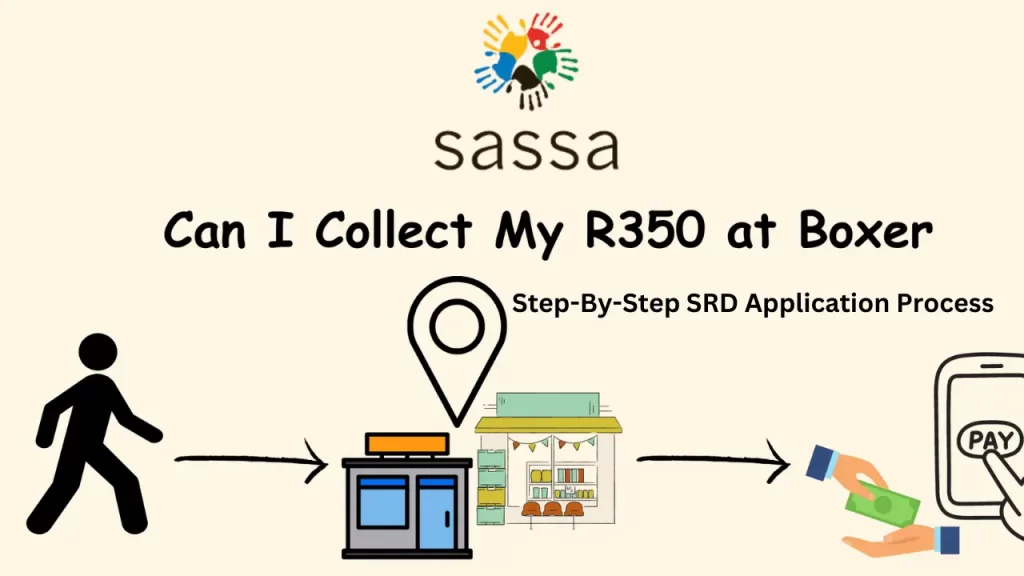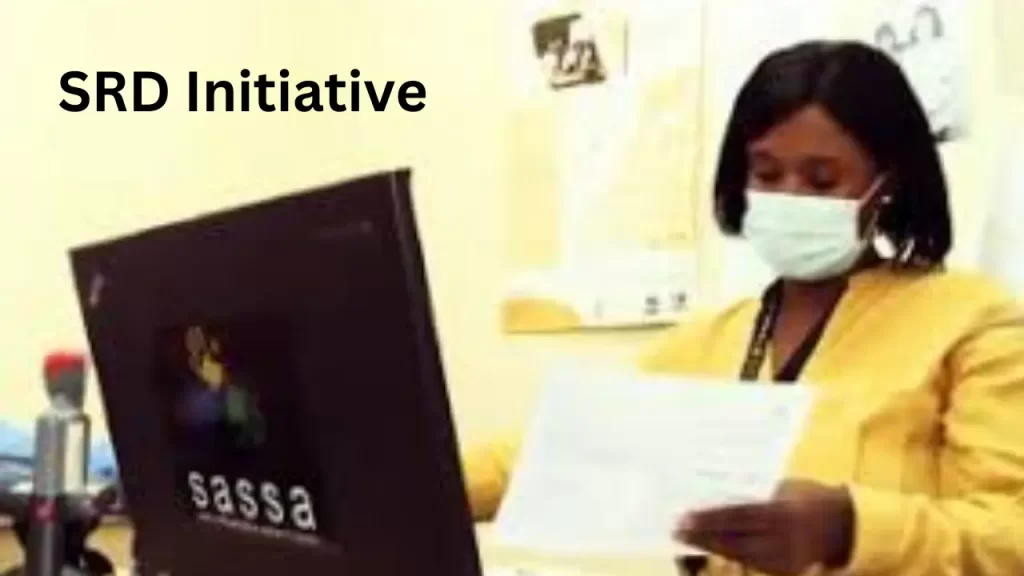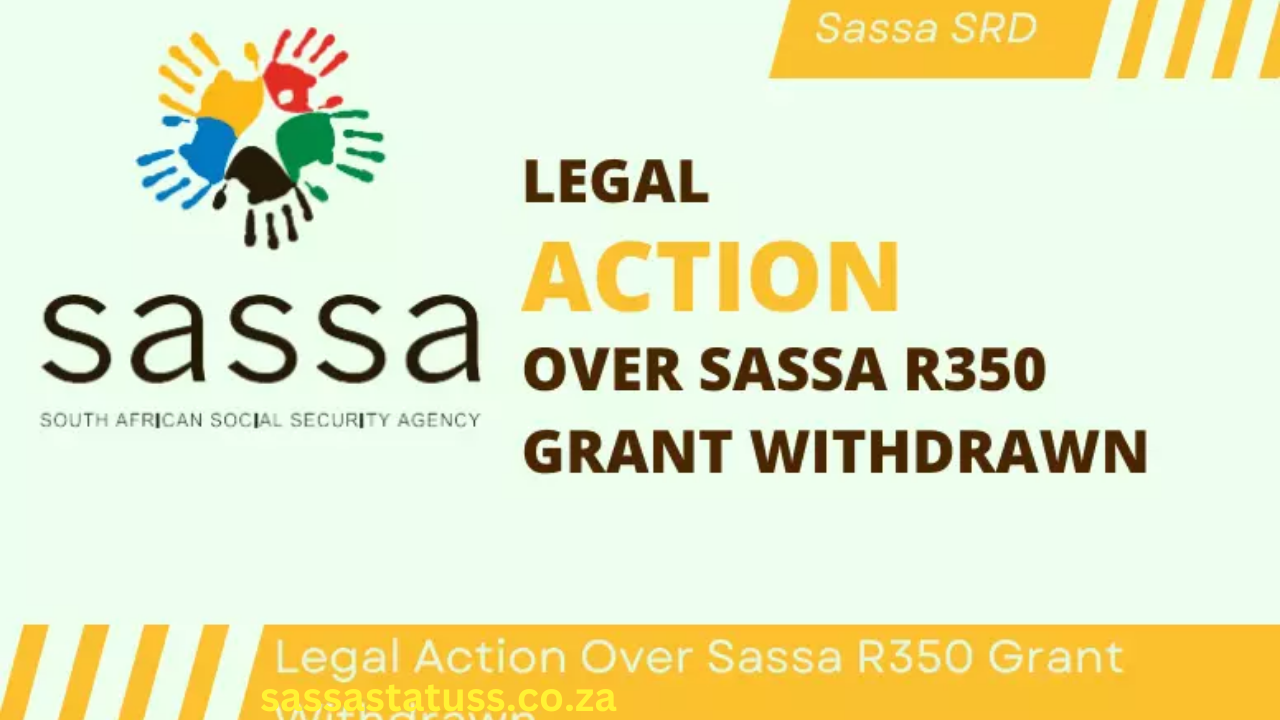Black Sash, a human rights organization, decided to drop its legal case against SASSA. Why? Well, SASSA made some changes to the Sassa R350 grant in August. Before, the eligibility requirement was R595, but they lowered it to R350. This change was meant to save money for social grants. But here’s the thing: the government didn’t ask for anyone’s input or approval before making this change.
So, Black Sash took action and filed a legal application in June. They wanted the High Court of Pretoria to review the new eligibility requirement because they believed it was unfair and excluded many people. They were represented by the Centre for Applied Legal Studies (CALS). During the litigation, they also brought up other concerns, like the use of only digital systems for grant applications and regulations that favored bank verification over other applicant information.
In the end, SASSA made some changes to address these issues, and Black Sash decided to withdraw their legal case. It’s a good thing that the government is now taking a human rights-based approach to the grant system. But it’s disheartening that it took legal action to make them change their course.
The R350 grant was introduced to help people who were struggling financially because of the COVID-19 pandemic. But there were a lot of problems with the implementation, like delays in applications and payments, poor communication, and technical issues. Thankfully, steps are being taken to improve the process and ensure that eligible applicants can access the grant without any hassles. Read Also How To Cancel Sassa Relief Grant?
Step-By-Step SRD Application Process
Here’s a step-by-step process of SRD application.
Remember, it’s important to stay informed about any updates or changes to the application process by regularly checking the SASSA website or contacting their helpline.

Action Taken by the Department of Social Development
The Department of Social Development (DSD) has made some changes to the SRD grant rules to fix problems that were pointed out by Black Sash. The first set of new rules aims to address weaknesses in the current regulations. The court found issues with things like missed application deadlines and unclear rules, so the DSD took action to make things better.
One important change they made is that now you can qualify for the COVID-19 SRD grant even if your income is more than R350. This means that more people who need help can get assistance, which is really good news. They also made another change to the application process. Before, they would rely more on verifying your bank information rather than the information you provided. But now, they’re giving equal importance to both. This makes the process fairer and ensures that the right people get the support they need.
Overall, these changes are meant to improve the SRD grant system and make it fairer and more transparent. It’s great to see the DSD taking steps to fix the problems and help more people.

SRD Initiative
The SRD project is a fantastic initiative aimed at helping struggling South Africans and tackling hunger in the country. It’s unfortunate that some people who were eligible for the program couldn’t benefit from it due to certain limitations. The Human Rights Commission found that many beneficiaries were not utilizing their grants, even though there were no consequences for not doing so. This is a concerning issue that needs to be addressed to ensure that the program reaches those who truly need it.
In terms of financial aid for education, recent amendments made by the Central Statistics Office (CSO) have created challenges for individuals seeking assistance. These changes may have a significant impact on students’ ability to receive the necessary financial support for their education. It’s crucial to find solutions to these issues and ensure that deserving students have access to the resources they need to pursue their educational goals.

Frequently Asked Questions
Why was legal action taken over the SASSA R350 Grant?
Legal action was taken over the SASSA R350 Grant due to concerns regarding the eligibility criteria and the disbursement process. Some individuals felt that they were unfairly excluded from receiving the grant or experienced difficulties in accessing the funds.
What were the reasons for withdrawing the legal action?
The legal action was withdrawn for various reasons. It could be due to reaching a resolution or agreement between the parties involved, changes in circumstances, or a reassessment of the viability of the case.
Will beneficiaries still receive the R350 Grant despite the legal action?
Yes, beneficiaries should still receive the R350 Grant regardless of the legal action. The grant is a government initiative aimed at providing financial assistance to those in need, and legal proceedings should not impact its disbursement.
How will the withdrawal of legal action affect future grant payments?
The withdrawal of legal action should not have a direct impact on future grant payments. As long as beneficiaries meet the eligibility criteria and adhere to the application process, they should continue to receive their grant payments.
Are there any changes expected in the disbursement process after the legal action?
It is unclear if there will be any changes in the disbursement process following the withdrawal of legal action. However, SASSA may review its procedures and make improvements to ensure a smoother and more efficient distribution of the R350 Grant.
Can beneficiaries still appeal or lodge complaints about the grant despite the legal action?
Yes, beneficiaries can still appeal or lodge complaints regarding the grant. It is important for individuals who believe they are eligible but were excluded or faced difficulties to follow the appropriate channels to address their concerns and seek resolution.
Will the withdrawal of legal action impact the overall availability of the R350 Grant?
The withdrawal of legal action should not impact the availability of the R350 Grant. The grant is a government-funded program aimed at providing financial assistance to eligible individuals, and its availability should remain unaffected.
How can beneficiaries stay updated on any changes or developments related to the grant?
Beneficiaries can stay updated on any changes or developments regarding the R350 Grant by visiting the official SASSA website, following their social media accounts, or contacting their local SASSA office for the most accurate and up-to-date information.
